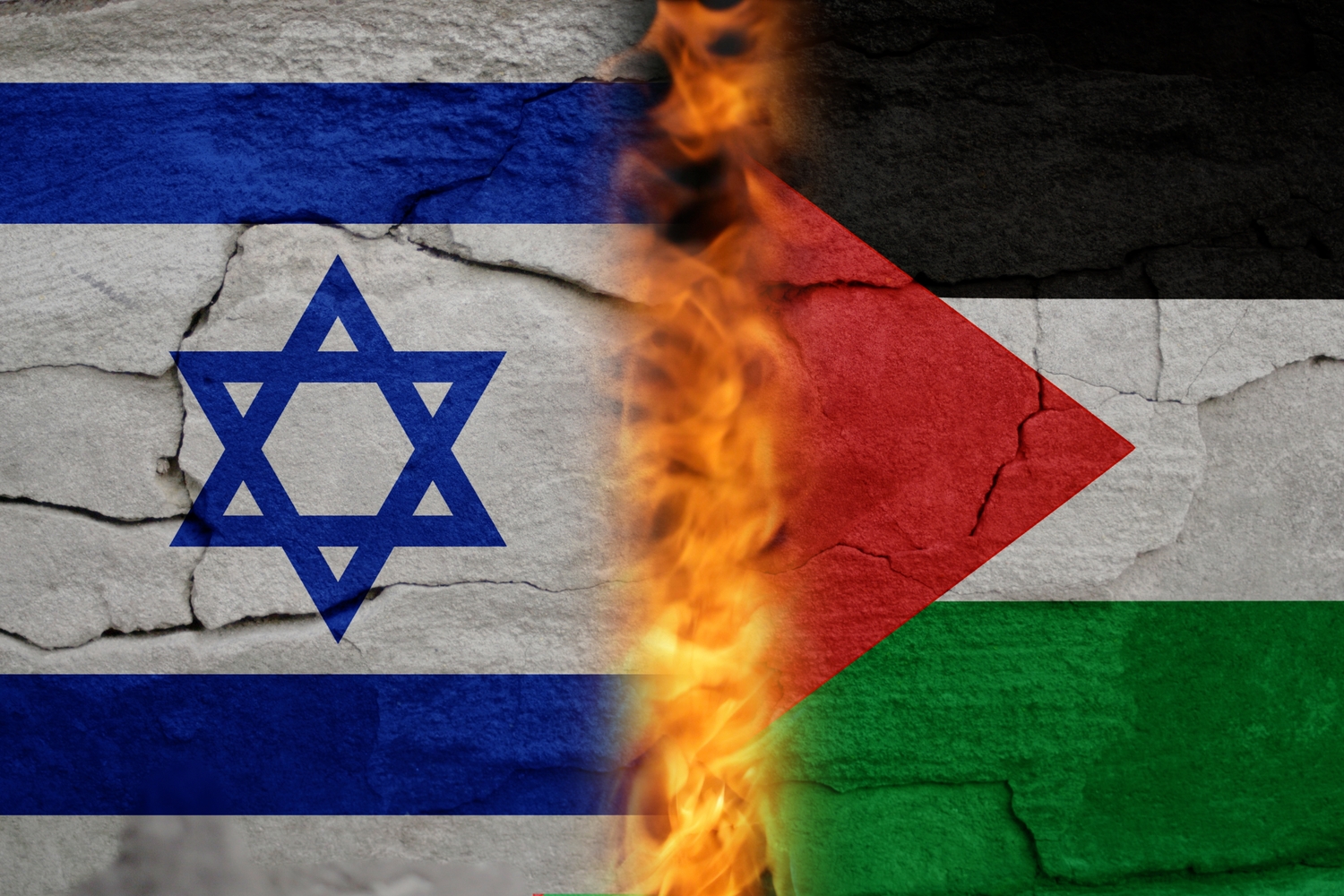After eight months of relentless conflict, the humanitarian crisis in Gaza has reached catastrophic levels. Families like that of Raed Redwan are enduring unimaginable hardships, trapped in a cycle of displacement, overcrowding, and scarcity.
Life in Displacement Camps
Raed Redwan, a Palestinian father, lives in a tent in Deir al-Balah with his wife, mother, and three-month-old baby. The conditions are dire. “We survived the death from rockets and shelling; will we die of famine?” Redwan expressed in a written message on June 5. The family struggles with contaminated water and insufficient food, highlighting the severe impact of the ongoing conflict on innocent civilians.
Escalating Death Toll and Destruction
Since the October 7 attacks by Hamas, which resulted in around 1,200 deaths and 250 hostages in southern Israel, the Israeli military response has devastated Gaza. According to Gaza’s Ministry of Health, at least 36,654 Palestinians have been killed and another 83,309 injured. The conflict has displaced over 75% of Gaza’s population, destroying neighborhoods and crippling health infrastructure.
Aid Restrictions and Their Impact
Israel’s restrictions on land routes have severely limited the flow of aid into Gaza. The UN’s food agency reported that ongoing attacks blocked access to its main warehouse in Rafah, suspending distributions since May 9. The closure of the Rafah crossing has compounded food insecurity in the south, mirroring previous crises in northern Gaza.
Louise Wateridge, a communications officer for UNRWA, noted, “When these crossings have been interrupted, it’s just simply not enough coming from any other sources.” The amount of aid entering Gaza has dropped by 67%, with an average of only 58 trucks per day between May 7 and May 28, compared to 500 trucks daily before October 7.
Bottlenecks at the Borders
Israeli authorities have intensified inspections on relief convoys, causing large relief trucks to pile up at the borders. COGAT, the Israeli agency managing aid flow, accused the UN of failing to coordinate the entry of over 1,000 trucks waiting at the Kerem Shalom crossing. However, rights groups argue that systematic obstruction and increased fighting paralyze aid deliveries.
Dire Food Insecurity
The UN’s food agency warned of a “full-blown famine” spreading south, with over one million people facing starvation by mid-July. More than 7,000 children under the age of five have already been diagnosed with malnutrition. Mahmoud Shalabi, a senior program manager for Medical Aid for Palestinians, shared, “Whenever I go to disperse aid, people are always asking for more because they have nothing.”
Lack of Safe Corridors
Aid workers face immense challenges as damaged roads and ongoing hostilities hinder their efforts to reach displaced Palestinians. Human rights groups have condemned Israeli attacks on aid convoys, which have occurred despite agencies providing coordinates to ensure their protection. Shalabi emphasized, “It’s unsafe for us humanitarians, there are no safe corridors, no movement coordinations.”
The humanitarian crisis in Gaza continues to escalate, with innocent civilians bearing the brunt of the conflict. Despite the efforts of aid agencies, the lack of safe passage and adequate resources exacerbates the suffering. As the world watches, it is crucial to address these dire conditions and work towards a resolution that ensures the safety and well-being of all affected.







